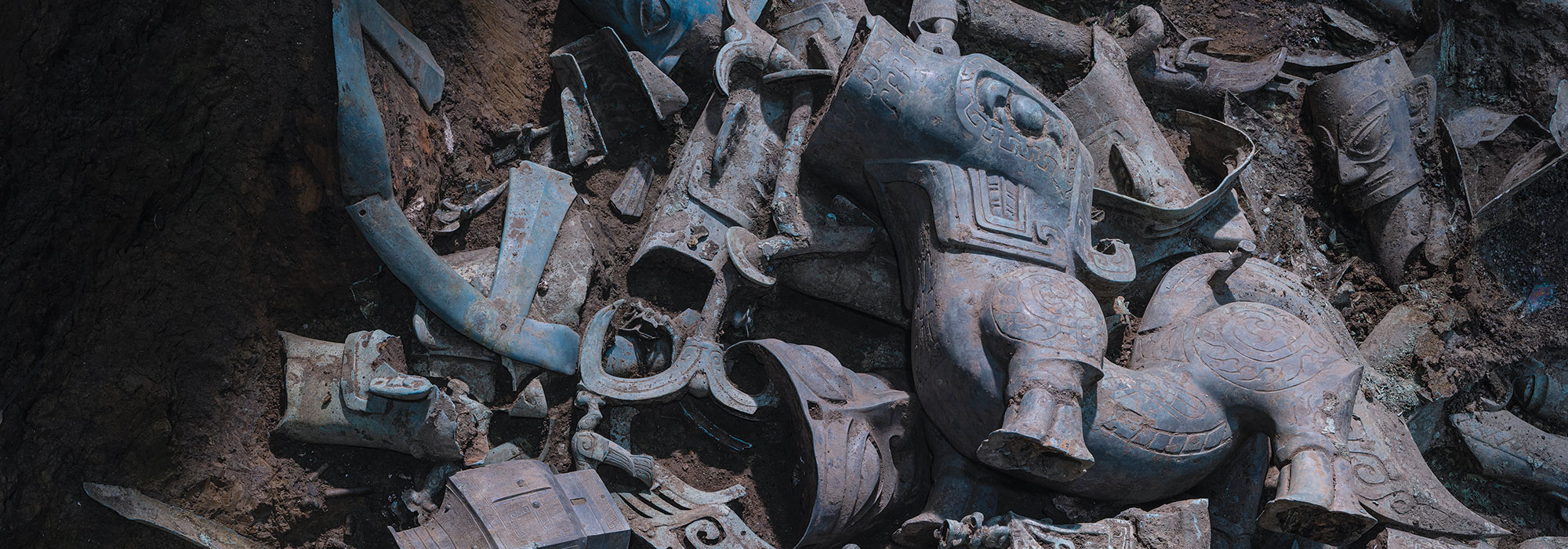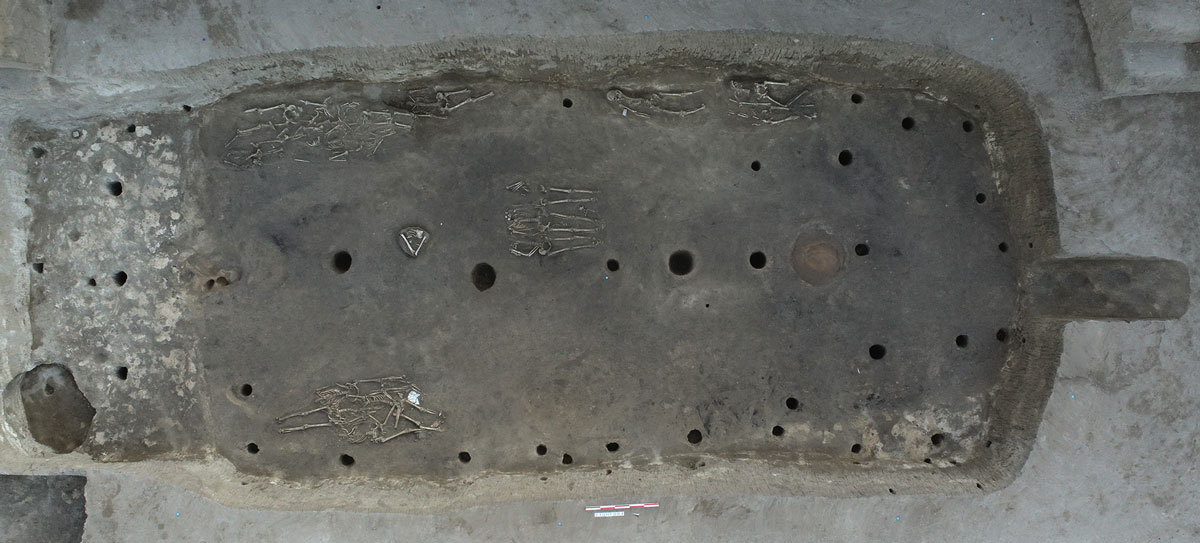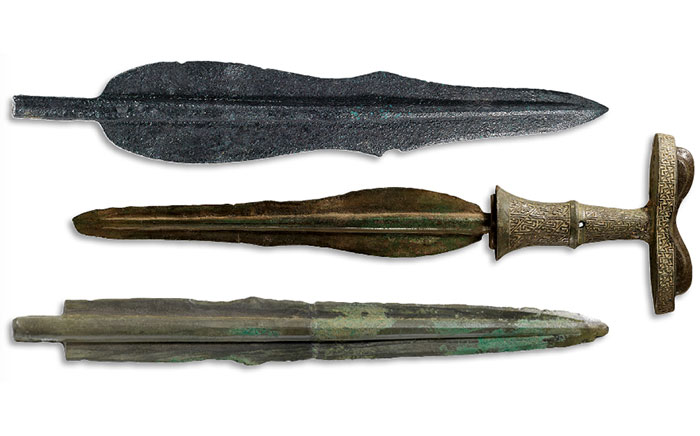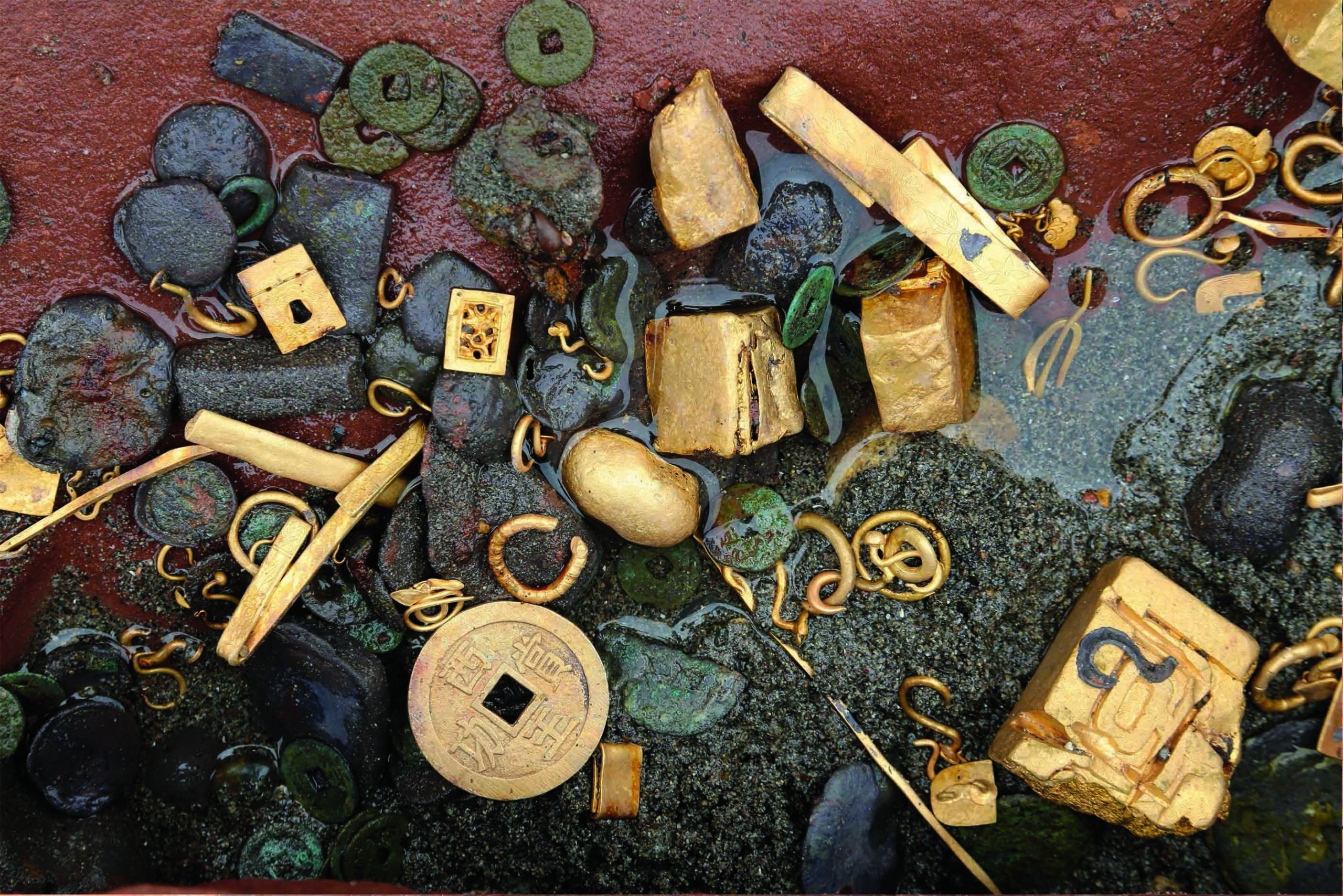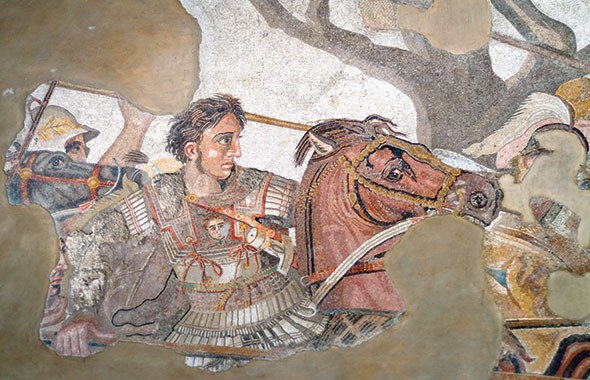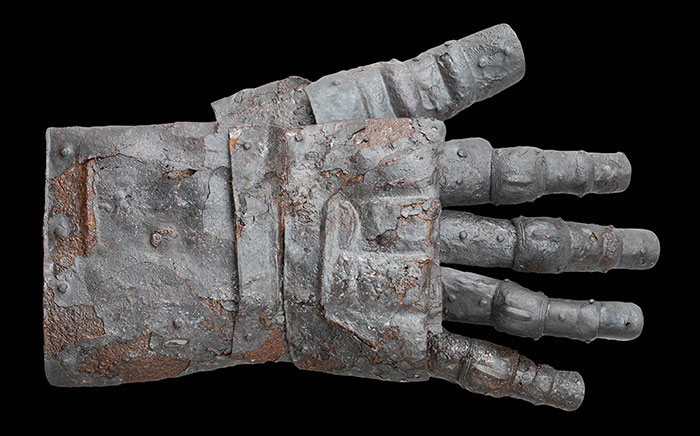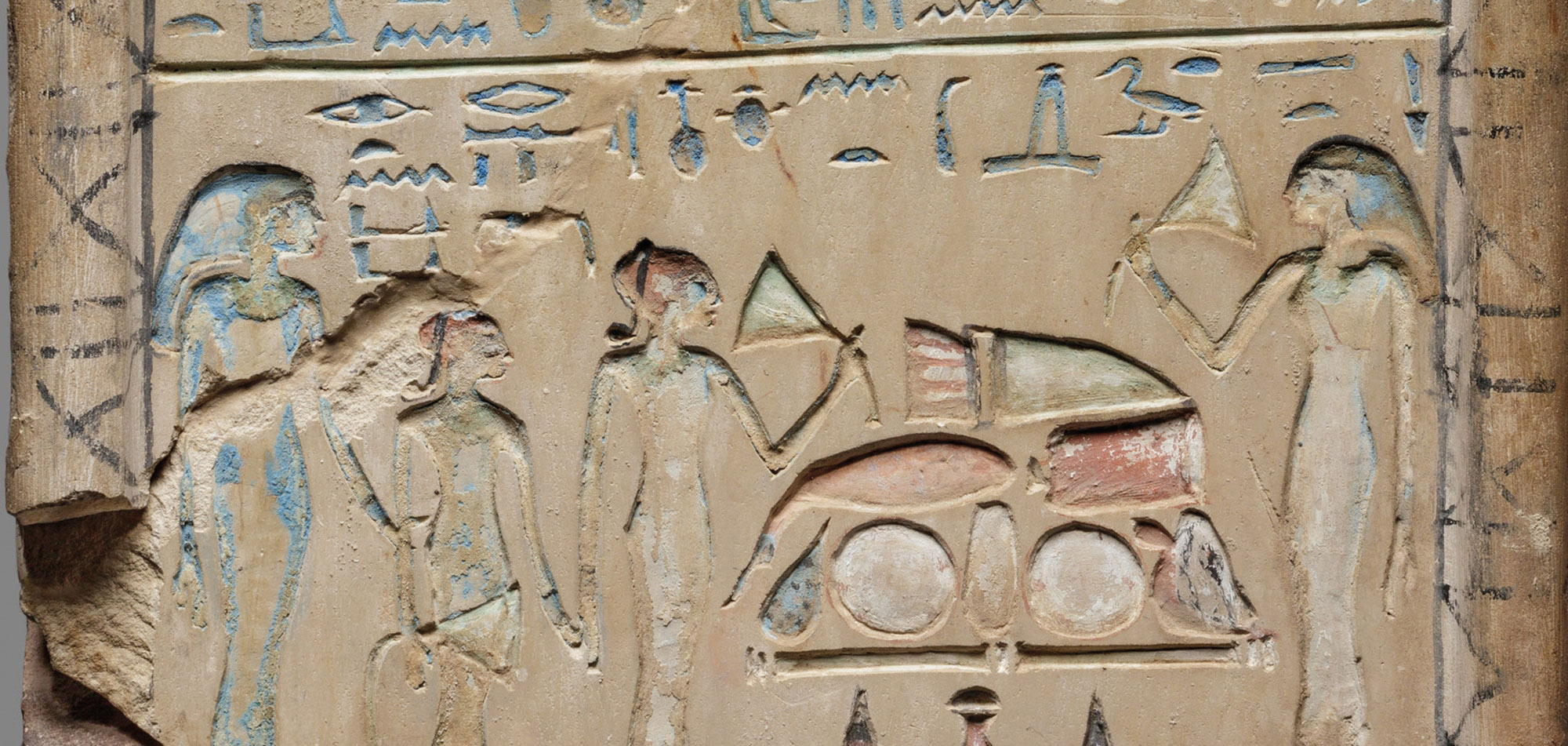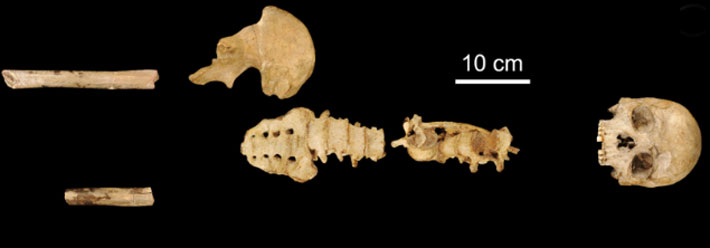
QUEENSLAND, AUSTRALIA—Cosmos Magazine reports that remains of modern humans discovered in a cave in southern China’s Liujiang District in 1958 may be much younger than previously thought. It had been suggested that the bones were approximately 227,000 years old, but the new dates, based upon radiocarbon dating, optically stimulated luminescence dating, and U-series dating, indicate that they are between 23,000 and 33,000 years old. “These revised age estimates align with dates from other human fossils in northern China, suggesting a geographically widespread presence of H. sapiens across Eastern Asia after 40,000 years ago,” said Michael Petraglia of Griffith University. Read the original scholarly article about this research in Nature Communications. For more on modern human activity at Liujiang, go to "Turning Back the Human Clock."


